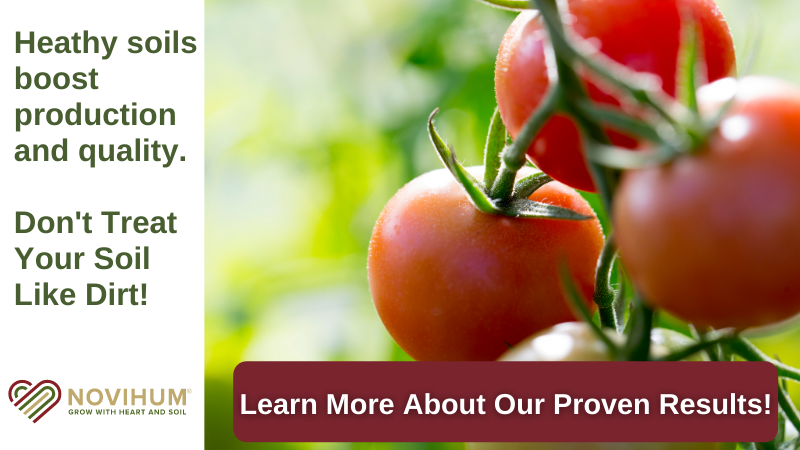Adapting to Climate Change a Must Right Now for Agriculture
There is more to this month’s American Fruit Grower® magazine’s cover story on the fascinating state of Michigan, which has a generally fruit-friendly climate because of the lake of the same name. The wonderfully moderating influence of Lake Michigan is being threatened by climate change in all sorts of ways, say Michigan State University (MSU) Extension fruit experts.
Perhaps the most troubling is the influence of the polar vortex, a mass of cold air that normally spins around the Arctic. Because of rising temperatures to the north, the super-chilled air can be diverted south, sending cold and snow into the lower latitudes.
“We thought global warming meant warming,” cracks Mark Longstroth, MSU Small Fruit Educator in Van Buren County, which borders the lake.
The problem is that the temperature drops are so sudden and severe, they can cause serious damage beyond mere yield reduction. “It can take four years to recover from a polar vortex,” he says.
It’s a thorny problem. When you examine meteorological records, you find the state’s average temperatures have not really changed that much, Senior MSU Extension Tree Fruit Specialist Bill Shane says. However, and this is what is causing problems for growers, the temperature fluctuations have become more extreme. He’s asked the state meteorologist whether that can be attributed directly to climate change, and it’s not known.
Whatever the cause, the state’s growers haven’t faced anything like it before. In the past, Shane says they have had cold snaps in winter and spring. The difference is that in recent years, growers have been hit by plunging temperatures in both winter and spring in the same year.
But it’s not just the cold temperatures that are of concern. In fact, MSU Extension Specialist Nikki Rothwell, the Coordinator of the Northwest Michigan Horticulture Research Center in Traverse City, never even mentions problems with cold temperatures. However, when asked what major issues face the growers she advises, the first she mentions is climate change. The reason? Rain, lots of it.
“I’ve never seen rain events like this,” she says. “We don’t have gentle rains anymore. I can’t believe the intensity and amount of rainfall.”
Rothwell ticks off a few precipitation figures to illustrate her point, such as receiving 4.74 inches of rain at her research station in just 2½ hours. (This one really blew me away, as that’s more than 1/3 of the precipitation we ordinarily get in an entire year where I live in California’s San Joaquin Valley. And we didn’t even get that much last year.)
“We were getting ¼ inch in 16 minutes,” she says. “The president of the university visited, and we couldn’t show them the research station. The farm road at the station has been washed out more times than I can ever remember.”
Rothwell says they have a great network of weather stations, but they’re not capturing the whole picture because the rainfall is so variable, with intense downpours in spot areas. In addition, she says there have been many more hail events, and no fruit grower wants to see hail.
“I don’t want to be a little black cloud,” Rothwell says, “but things are changing here.”
Growers nationwide are concerned. When we send out our annual American Fruit Grower State of the Industry survey, the issue of climate change attracts more comments than any other. No one doubts there is change. The only question is whether the change is manmade or not. On that, growers have been fairly evenly split.
No matter the cause, growers are simply going to have to take this into account in all sorts of ways, with variety and site selection prominent among them. Quite a challenge, but I’ve no doubt growers will adjust. You always do.









